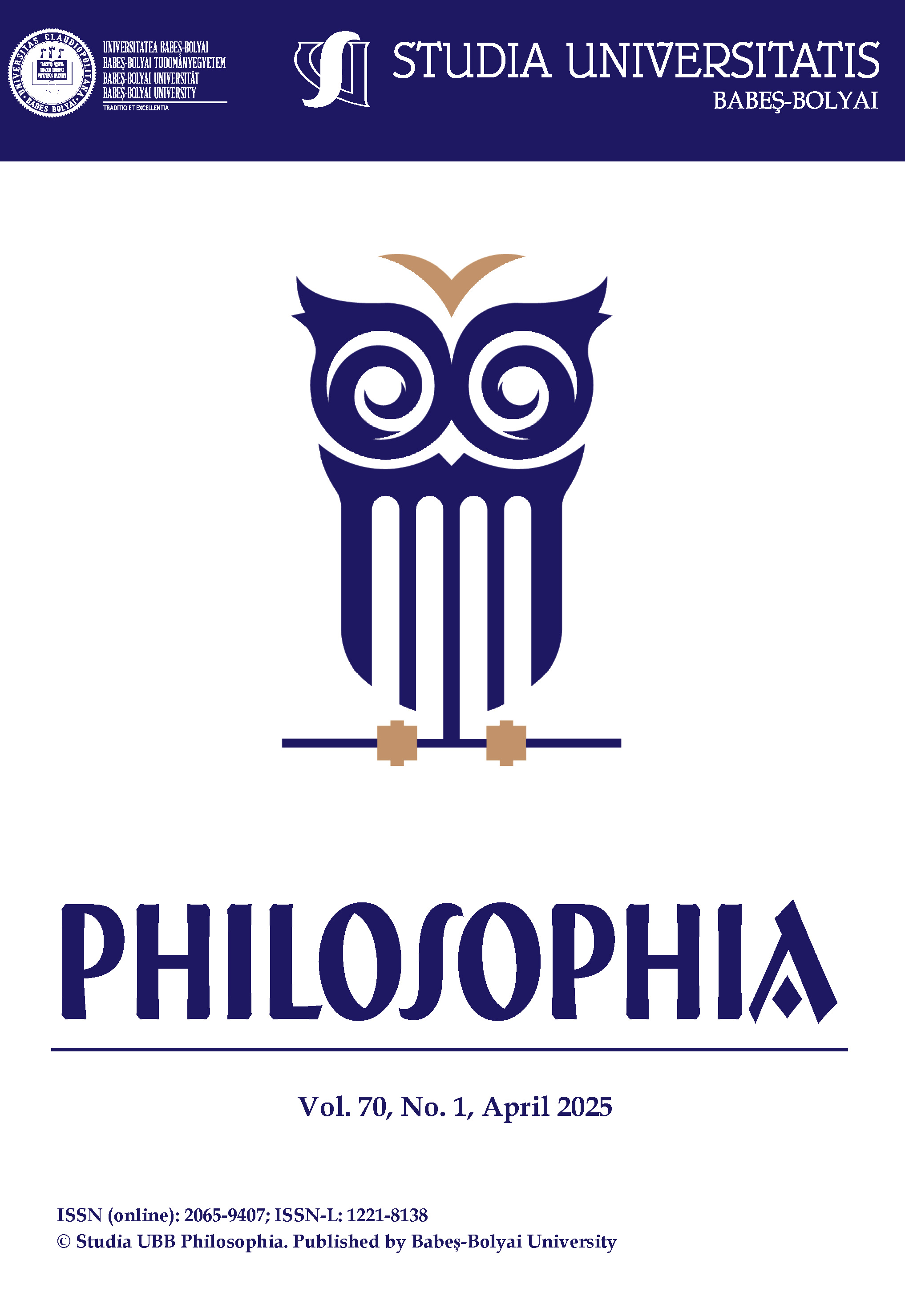GNÓTHI SEAUTÓN/EPIMÉLEIA HEAUTOÚ: MICHEL FOUCAULT AND THE TWO PATHS OF WESTERN THOUGHT
GNÓTHI SEAUTÓN/EPIMÉLEIA HEAUTOÚ: MICHEL FOUCAULT AND THE TWO PATHS OF WESTERN THOUGHT
Author(s): Giuliana GregorioSubject(s): Ancient Philosphy, Early Modern Philosophy, Contemporary Philosophy
Published by: Studia Universitatis Babes-Bolyai
Keywords: Foucault; Subjectivity; Truth; Socrates; Descartes;
Summary/Abstract: Although it is not possible to conceive of the history of Western thought as a continuous and linear (let alone progressive) process of development, some paths seem to have been historically dominant, while other possible developments, however potentially fruitful, seem to have turned out to be “interrupted paths”. This paper is concerned with the interpretation offered by Foucault in the early 1980s, according to which Socrates on the one hand and Descartes on the other would have opened up two discordant paths to the key relationship between subjectivity and truth. In both cases, the starting point is the maxim gnóthi seautón. In Socrates, however, it is linked to (and subordinated to) the question of epiméleia heautoú, which in Descartes’ case would disappear completely. The modern-Cartesian approach would thus lead to a purely theoretical-gnoseological-epistemological conception of philosophy, which would lose sight of the strong practical scope of Socratic discourse. Contrary to this interpretation, an attempt is made here to show that, in fact, even at the heart of Cartesian thought one can trace an all but secondary attention to the ethical-practical dimension of philosophy and, albeit in a modified form, to the principle of the necessary “care of the self”.
Journal: Studia Universitatis Babes-Bolyai - Philosophia
- Issue Year: 70/2025
- Issue No: 1
- Page Range: 37-61
- Page Count: 26
- Language: English

